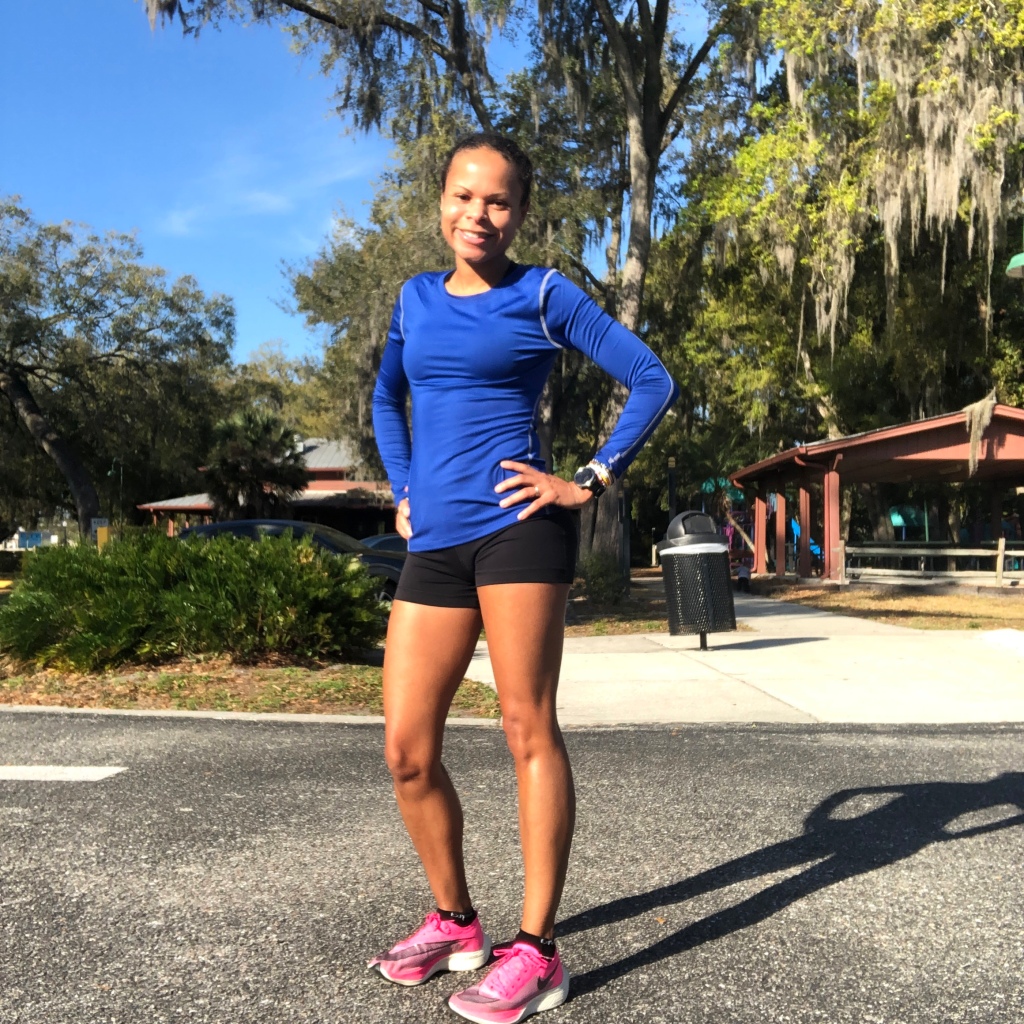
“Ask yourself: Can I give more? The answer is usually, ‘yes'”.
Paul Tergat
Training for the 126th Boston Marathon is the dream of any runner. It is like the preparation for the final game of a championship. The only goal for this cycle was: do not fuck this up! Dissecting this directive a little further, it meant: 1) don’t fuck this up, 2) Toe the line 100% healthy, and 3) finish the race.
Since I came to find out for sure that running the Boston Marathon was a “go”, I only had 13 weeks of specific training. I only had 4 weeks of build-up prior to confirmation.
While my training was conservative and just on the edge of taking a step back to avoid any possibility of injuries and time off from running, it didn’t neglect hill training, speed, and tempo training that allowed me to push my limits. My hill training took part in Clermont. I designated four long runs in Clermont to help me get adjusted to up and downhill running. On one of my Saturday Clermont runs, I met one of the fastest double amputee in the USA, Marko Cheseto. He was kind enough to stop for a quick chat and for a pic. He gave me the boost I needed, and I will never forget him asking me if I was training for Boston. It felt so good to say, yes, I am!
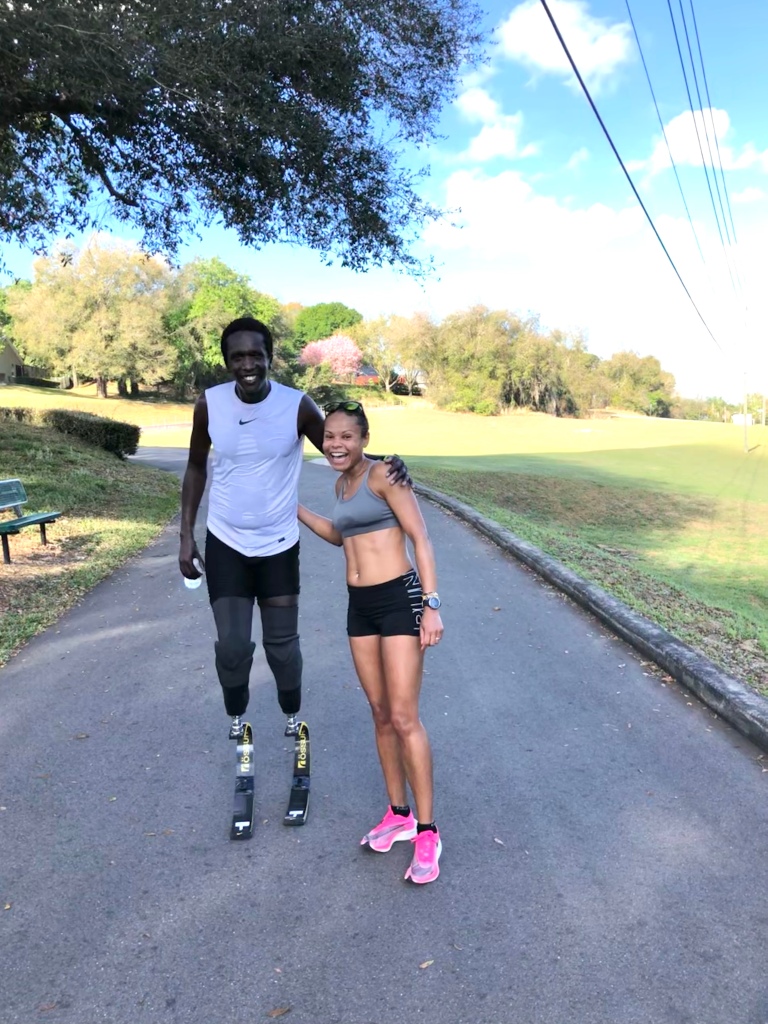
One month before the race, my left calf was acting up as it normally does. I felt acute tightness every time I started to run. Having done all the recovery methods I knew to do, the only option was to go to the doctor and find out if there was something that I was missing.
It turns out that the best alternative was to give it a rest and do an ultrasound for possible blood clots. My doctor’s theory was to rule out any possible blood clot due to COVID-19 exposure, infection, or due to vaccination side effects. I am happy to say that my ultrasound came up clean and all that I needed was to rest and slow down the inflammation.
To get the anxiety out of the way, I decided to run the Tomoka Half Marathon five weeks out to Boston. It was my only option, and I knew it would be essential to have the physical and mental prep since it had been 2 years (thanks to Covid) since I had raced or participated in a live race event. However, the primary prize was Boston, and Tomoka Half was nothing more than a glorified long run and an opportunity to practice race week management, nutrition, sleep, and race energy management. I am happy to say that I managed the race well despite the 68F degrees at the start (6:30 a.m.) with a steady 94% humidity. It took about 4-5 miles for my body to get acclimated and for my mind to find peace. I was never shooting for a PR, and I can say that at 1:55:45 (8:50 pace) was just as great as PR.
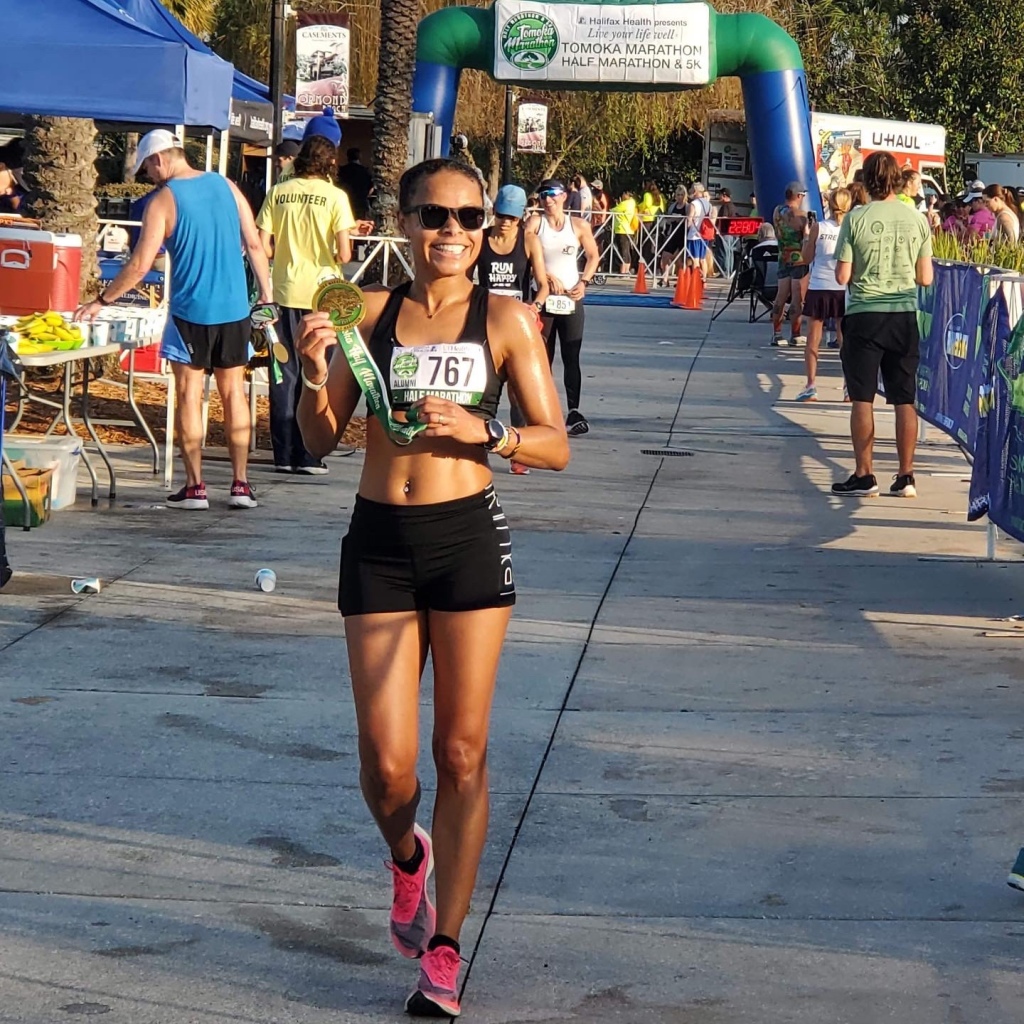
Running is truly a TEAM sport. I am so lucky to have the best TEAM supporting, encouraging, guiding, and teaching me to be a stronger runner and better person. My TEAM includes my doctors, physical therapist, chiropractors, friends, family, and of course, my husband. I could not have done it without him. Thanks to his support and coaching, I had the BEST marathon training cycle to date. I was fully healthy and in peak performance to give Boston my very best. Boston is the best and deserves our best.
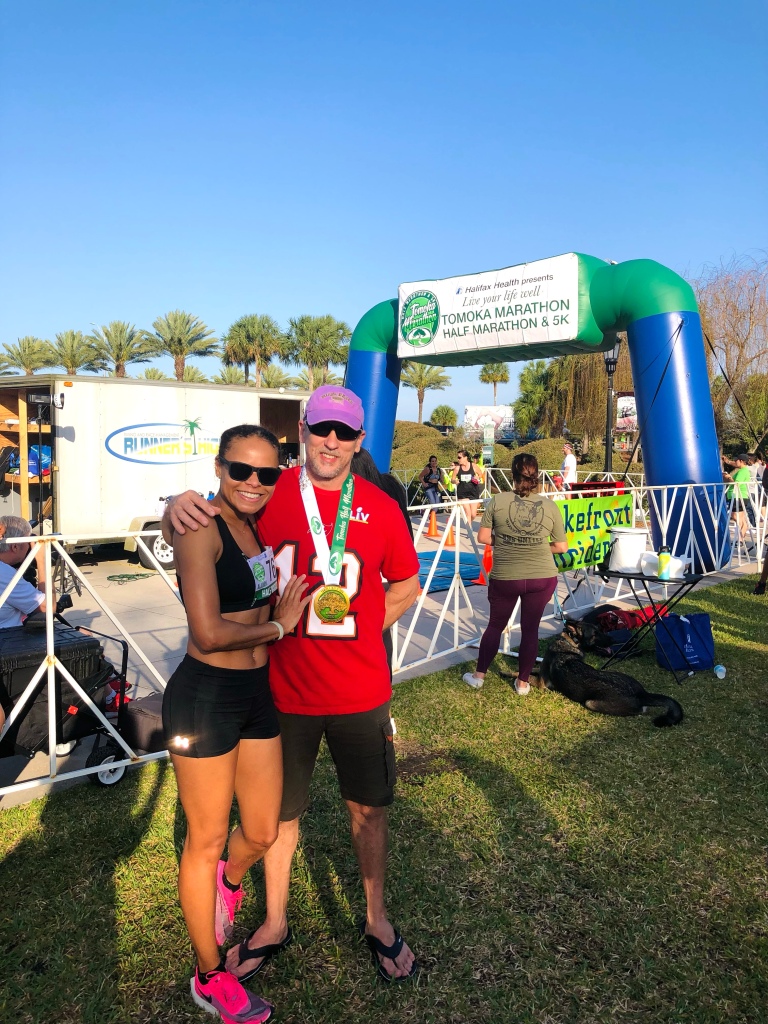
I am ready for Boston!

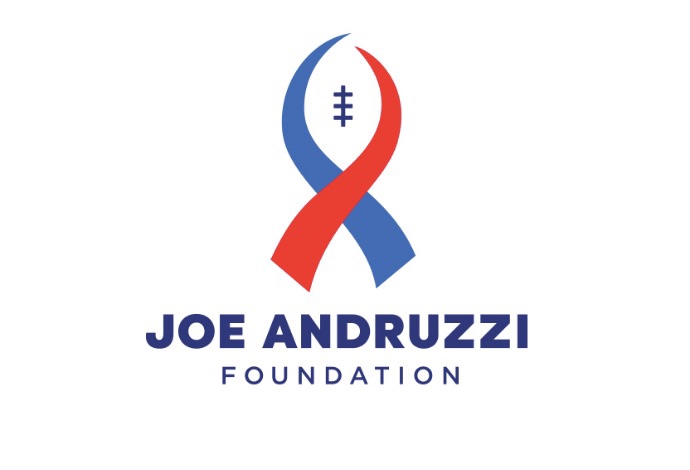
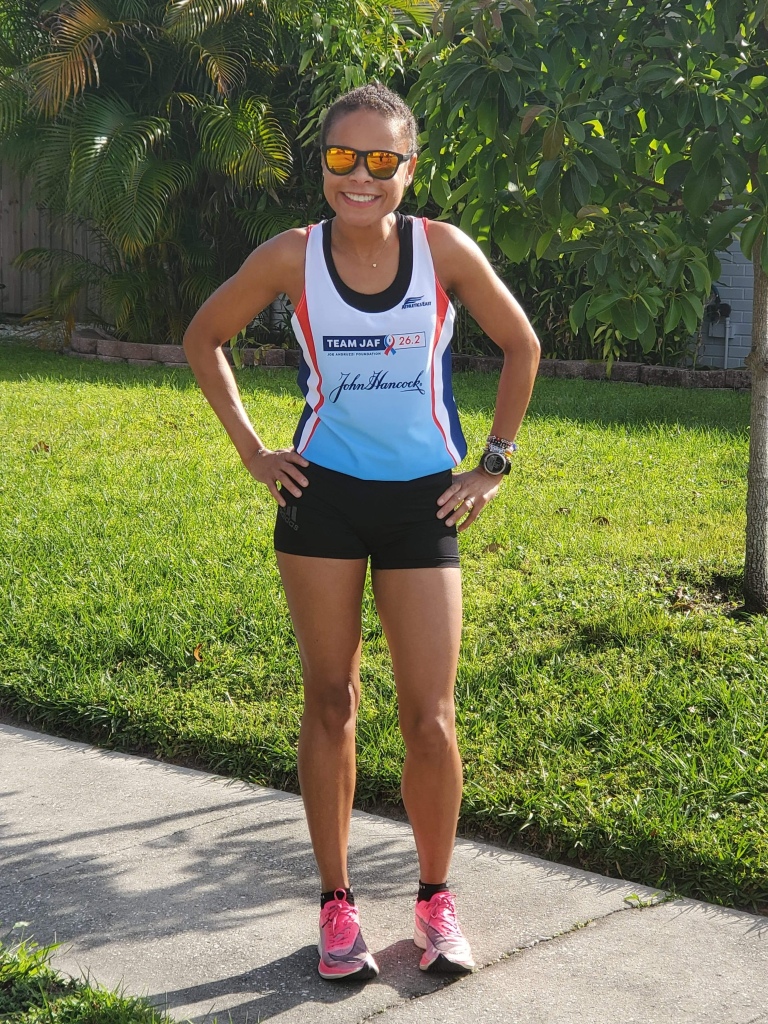
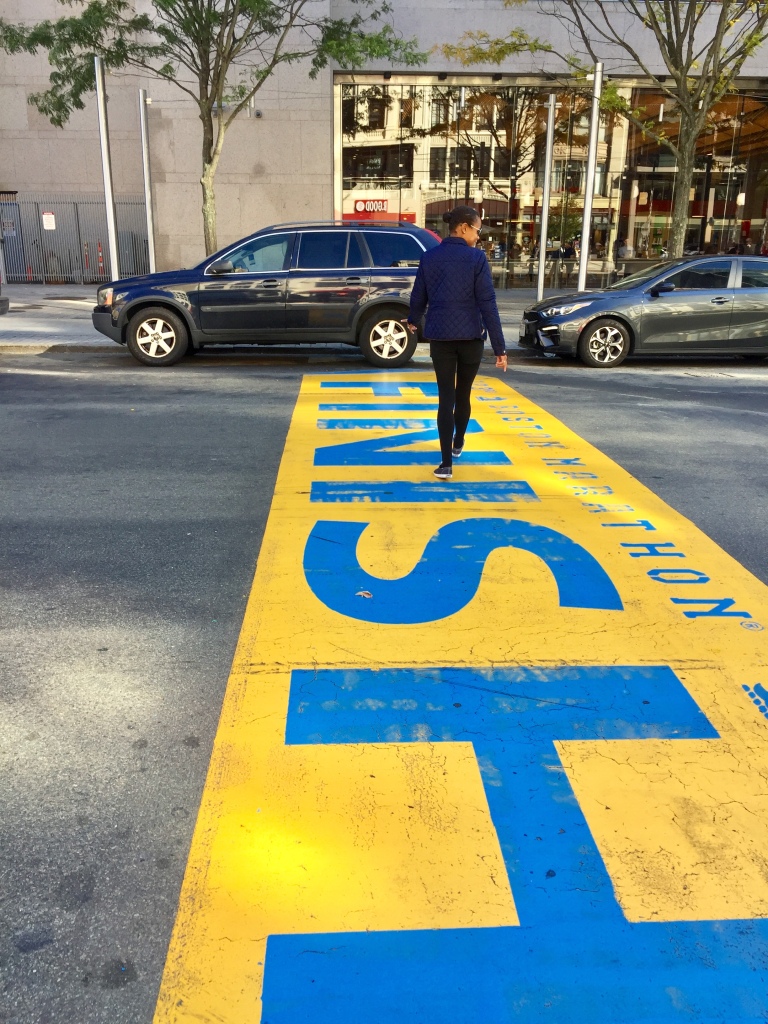

You must be logged in to post a comment.